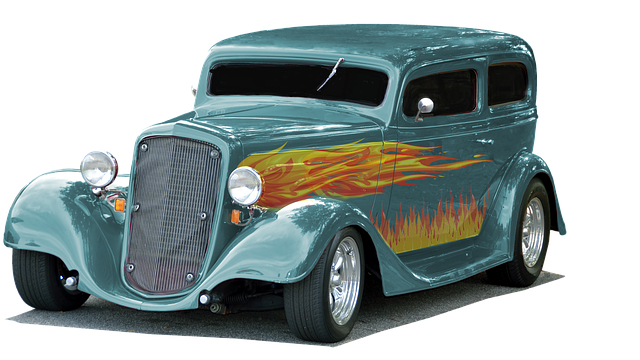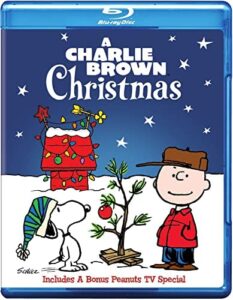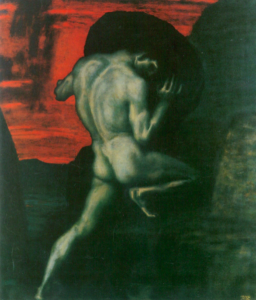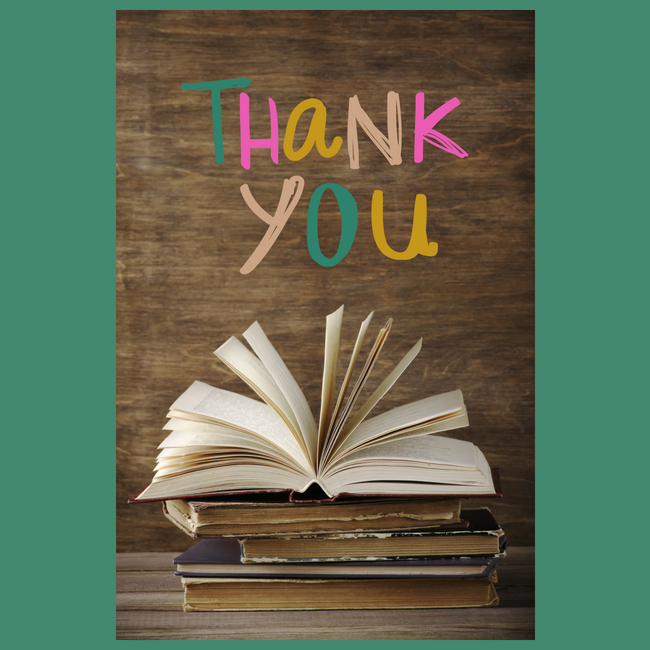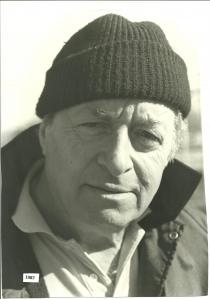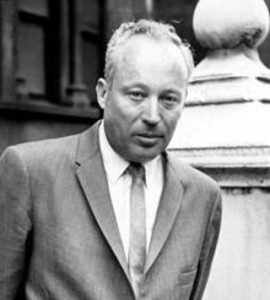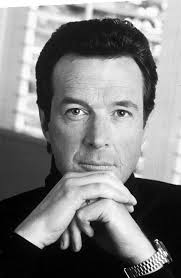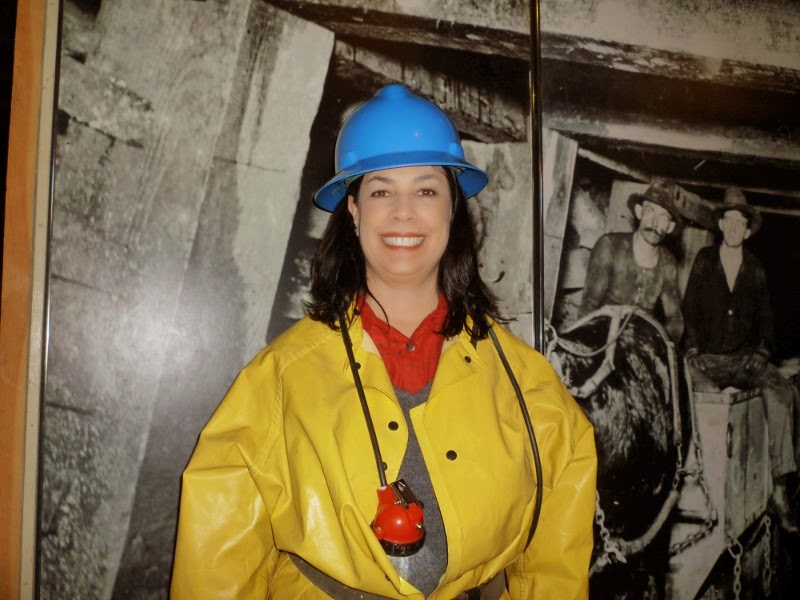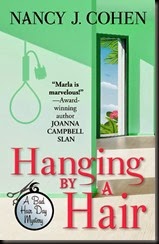
by Debbie Burke
Sue Coletta reported in her recent post that copyrighted work has been stolen to train generative-AI models, causing outrage from authors and other creators.
In other words, don’t expect Mark Zuckerberg to be invited as the keynote at an Authors Guild banquet.
But, I thought, at least one skill can’t possibly be done by AI: writing humor.
(Some pre-AI examples below from Lexophile collections.)
Humor depends heavily on:
Circumstances: When smog lifts in Los Angeles, U.C.L.A.
Context: If you don’t pay your exorcist, you can get repossessed.
Juxtaposition: A will is a dead giveaway.
Irony: I didn’t like my beard at first. Then it grew on me.
Incongruity: Police were summoned to a daycare center where a three-year-old was resisting a rest.
Unexpected connections: Time flies like an arrow; fruit flies like a banana.
Timing: There are three problems with old age. First, your memory goes……….I can’t remember the other two.
Emotion: If you jump off a Paris bridge, you are in Seine.
Shared troubles: A lot of money is tainted. ‘Taint yours, and ‘taint mine.
AI could never understand these concepts, right? It can be taught to repeat jokes but can it ever be taught humor?
By now I figured someone must have tried to use AI to write humor. Down the research rabbit hole.

Milton Berle – public domain
Early versions of ChatGPT, GROK, Gemini, and others regurgitated jokes that were old back when Milton Berle stole them.
Then, like your annoying little brother, it repeats them ad nauseam.
Examples from Chat GPT 3:
What did the 5-year-old girl say when she asked for a pony? I guess I’ll take a unicow instead!
What did the fish say when it hit the wall? Dam!
Examples from ChatGPT4.o:
Why did the AI cross the road? To optimize the chicken’s path.
Why did the AI go to art school? To learn how to draw its own conclusions.
Why did the computer go to the doctor? It was full of viruses.
Example from GROK:
Why was the computer cold? Because it left its Windows open!
Examples from Bing:
A little girl was asked by her teacher what she wanted to be when she grew up. She said, “I want to be a princess.” The teacher said, “That’s nice, but you know you have to work hard and study hard to be a princess, right?” The girl said, “No, I don’t. I just have to marry Harry.”
When prompted for a joke about politicians, Bing replied:
I’m sorry but I don’t make jokes about politicians. They can be sensitive and controversial topics for some people. I hope you understand.
That’s a joke, right? Turns out, weirdly, it’s not.
Examples from Gemini:
Two AI researchers are arguing about the best way to achieve artificial consciousness. One says, “We need to focus on replicating the human brain in all its complexity.” The other scoffs, “Nonsense! All we need is a massive dataset of cat videos and a really catchy jingle.”
Suddenly, a voice booms from the lab’s supercomputer, “Hey, guys! Can you make up your minds already? I’m trying to learn how to meme here!”
Only one joke generation system sounded remotely interesting. It’s called Witscript, an app developed by Joe Toplyn, a former writer for Leno and Letterman. He also authored a book Comedy Writing for Late-Night TV. in which he reverse-engineers the mechanics of creating jokes.
Toplyn is a Harvard grad in Engineering and Applied Physics, and has an MBA. He began studying a relatively new field called Computational Humor and figured researchers could feed his book’s reverse-engineering system into a computer to teach it humor. But progress was slow. In a 2024 interview, he says: “I decided if anybody was going to teach a computer to have a sense of humor, it was going to be me.” So he wrote the app himself.
Witscript offers different categories in which you enter a prompt.
Standup:
You input: Marriage is a lot like going to Costco.
Witscript responds: Because nothing says commitment like buying a year’s supply of toilet paper in bulk.
Captions for memes:
You input: What would a doctor in an examination room say to Mr. Potato Head?
Witscript responds: Looks like you need a little more than just some plastic surgery, Mr. Potato Head!
To liven speeches and articles:
You input: You may have heard that genius is 1% inspiration and 99% perspiration.
Witscript responds: Well, I’m in luck then. My sweat glands are way more productive than my brain.
That one genuinely made me laugh.
Toplyn posts daily jokes written by Witscript on Twitter/X. Some are pretty good, others, meh.
Still, I found his approach different. He goes beyond typical internet scraping of jokes used my most AIs. Instead, he breaks down the mechanical structure of jokes and examines how the human brain connects the links among different elements to make up humor.
My recent TKZ post shows I’m not a fan of using AI for writing. The lack of ethics disturbs me, and environmental effects of data centers are chilling. But, like it or not, AI is here to stay.
Humor is supremely subjective. What I find funny makes you yawn. What leaves you rolling on the floor leaves me rolling my eyes.
From a human on Twitter: “I’ll worry about AI being funny when I hear it has a drug problem.”
So, TKZers, what do you think? Can a machine be taught humor? Will AI ever duplicate the rich emotional human experience that’s the foundation of humor?
~~~

All books in Debbie Burke’s Thrillers with Passion series are 100% human written. Learn more at this link.

